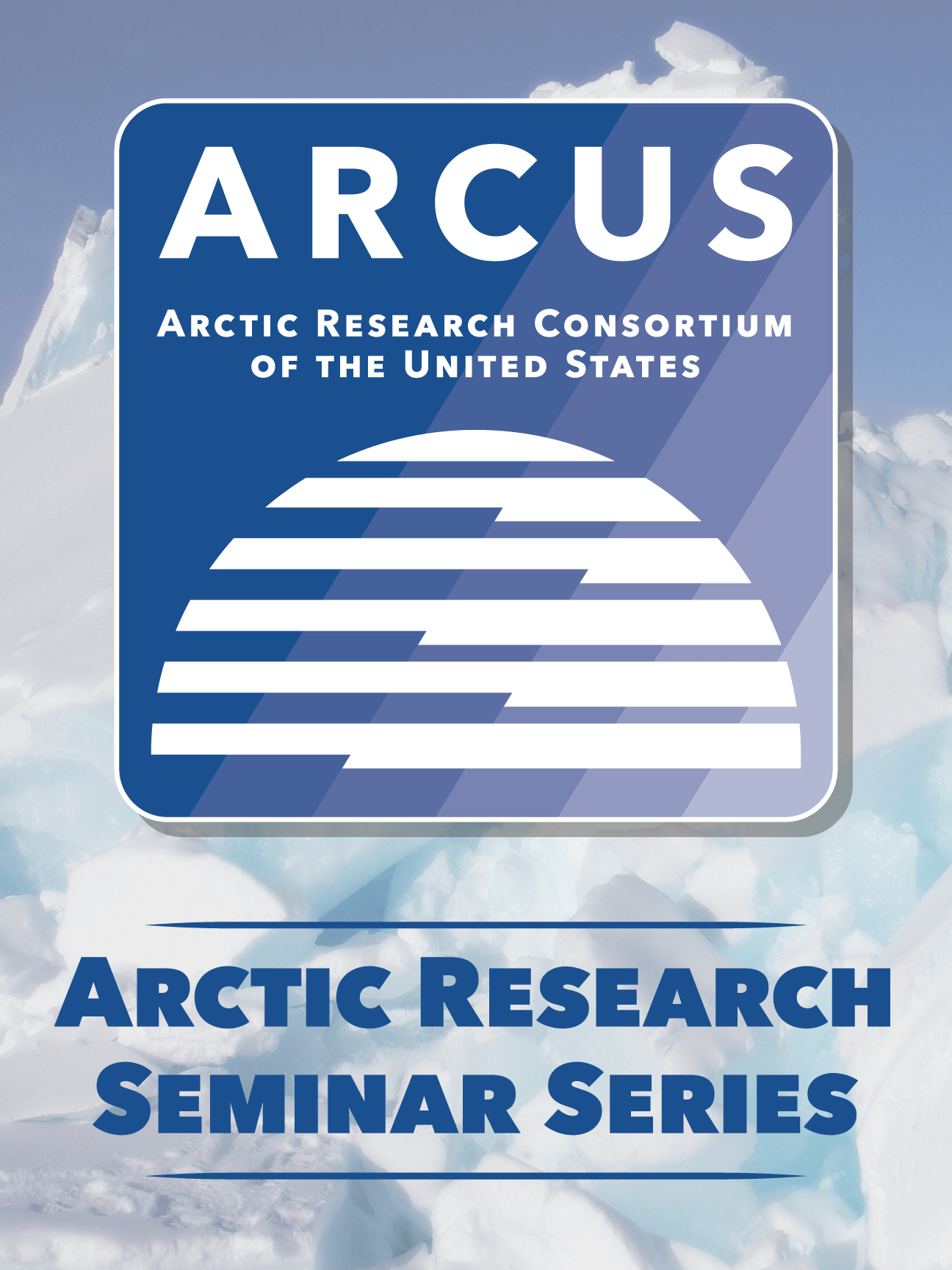Roberto Delgado & Andrea Horvath Marques: Mental Health, Resilience, & Wellbeing in the Arctic - 12 February 2018
Presentations
One of the goals for the IARPC Arctic Research Plan: FY2017-2021 is to “Enhance understanding of health determinants and improve the wellbeing of Arctic residents.” Specific research objectives under this goal include but are not limited to supporting integrative approaches to human health that recognize the connections among people, wildlife, the environment, and climate; promoting research, sustainable development, and community resilience to address health disparities associated with underlying social determinants of health and wellbeing; and increasing understanding of mental health, substance abuse, and wellbeing for Alaskan youth. Following the efforts of the RISING SUN initiative under the 2015-2017 US Chairmanship of the Arctic Council, which developed community-based and prioritized outcomes to evaluate suicide prevention interventions among Indigenous populations across the circumpolar Arctic, the National Institute of Mental Health (NIMH) of the National Institutes of Health (NIH) is committed to furthering research focused on reducing the burden of suicide and promoting resilience among Indigenous youth. Specifically, through cooperative agreements, NIMH has provided funding to establish and support regional collaborative hubs, including in Alaska, whose research teams will (a) conduct preventive interventions research, including strengths-based/resilience-focused approaches, with the goal of reducing suicide in indigenous youth, and (b) conduct outreach and dissemination activities to promote community engagement in research activities and enable community decision-makers to use science-based information to develop and assess mental health policies and programs. This webinar will provide an overview of research and other activities supported by the NIMH/NIH that aims to improve the mental health and wellbeing of Arctic residents.

